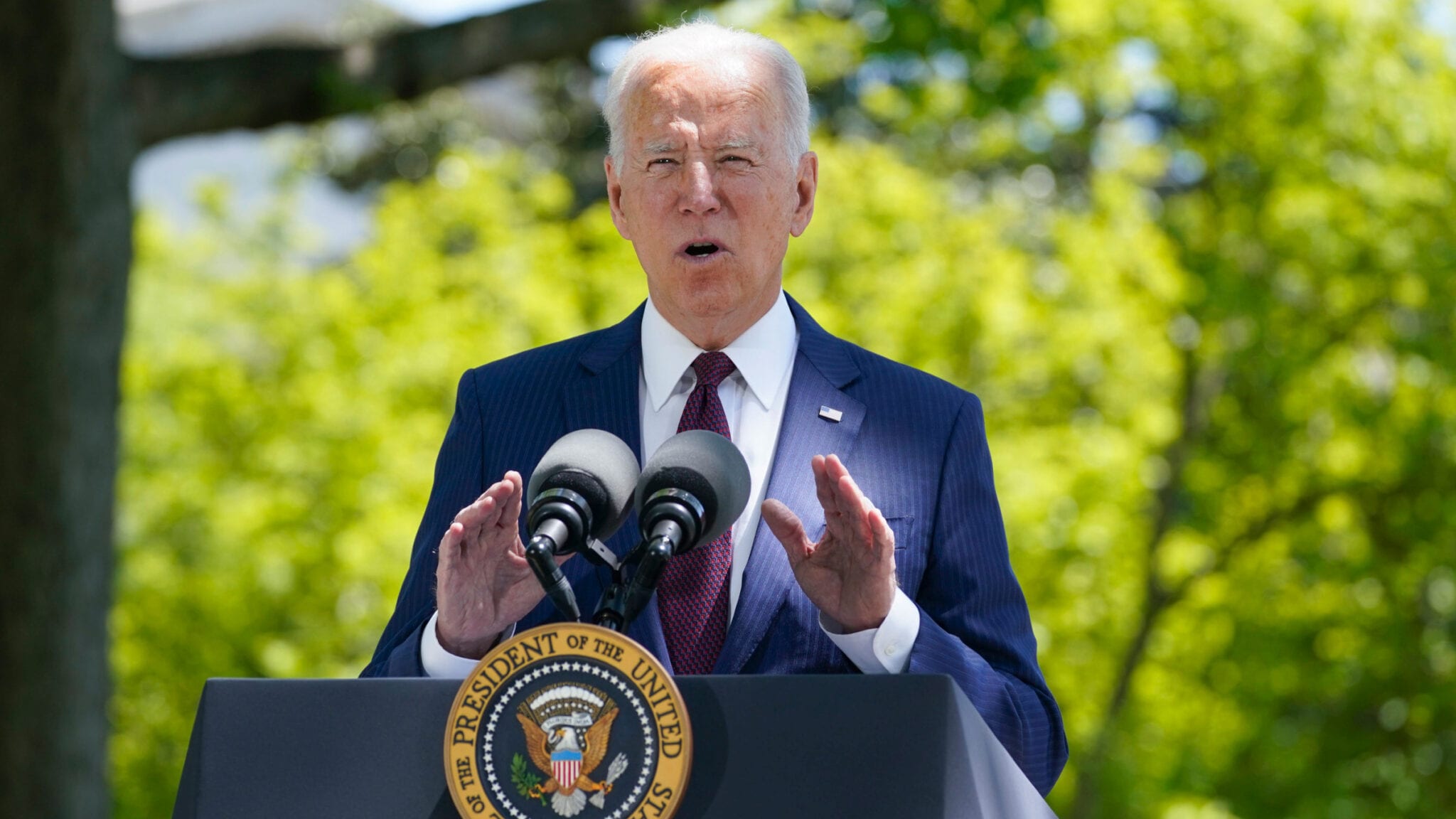
President Biden (AP Images)
Biden invests $3B into antiviral development for Covid-19
The Biden administration on Thursday unveiled a new plan to invest more than $3 billion into speeding new antivirals to treat Covid-19.
The plan will …
Sign up to read this article for free.
Get free access to a limited number of articles, plus choose newsletters to get straight to your inbox.